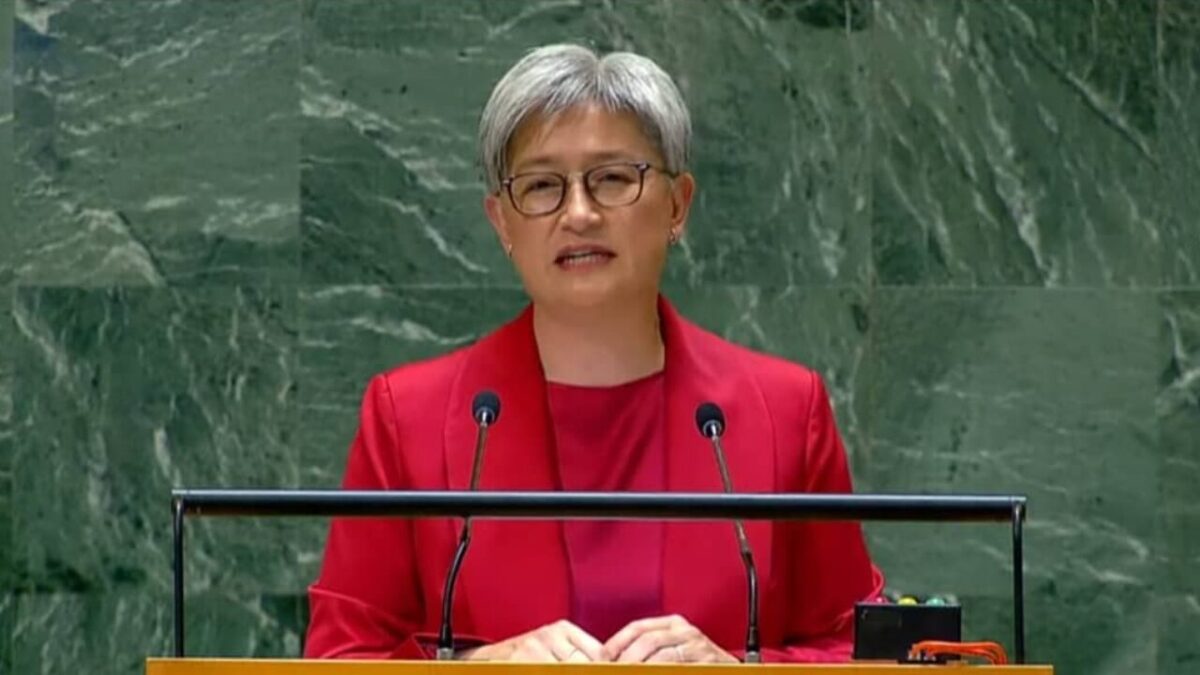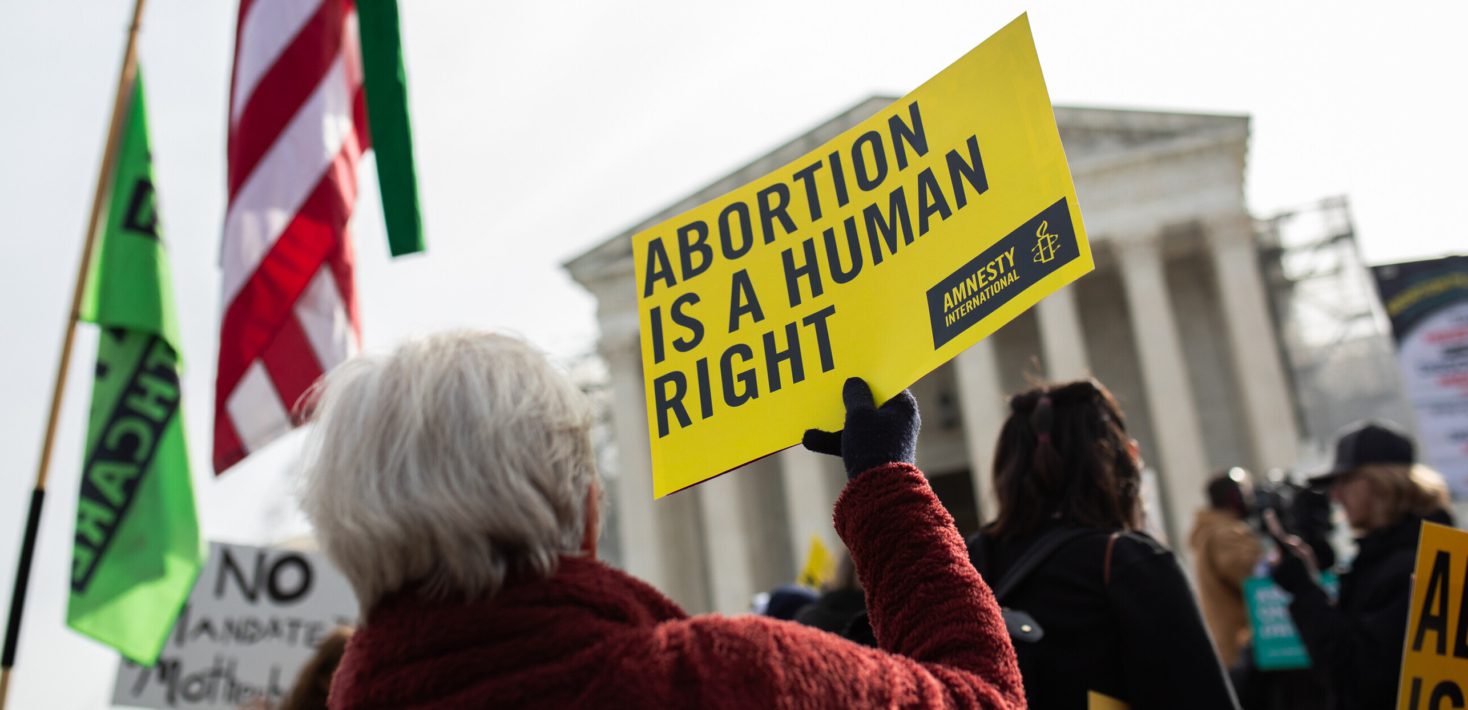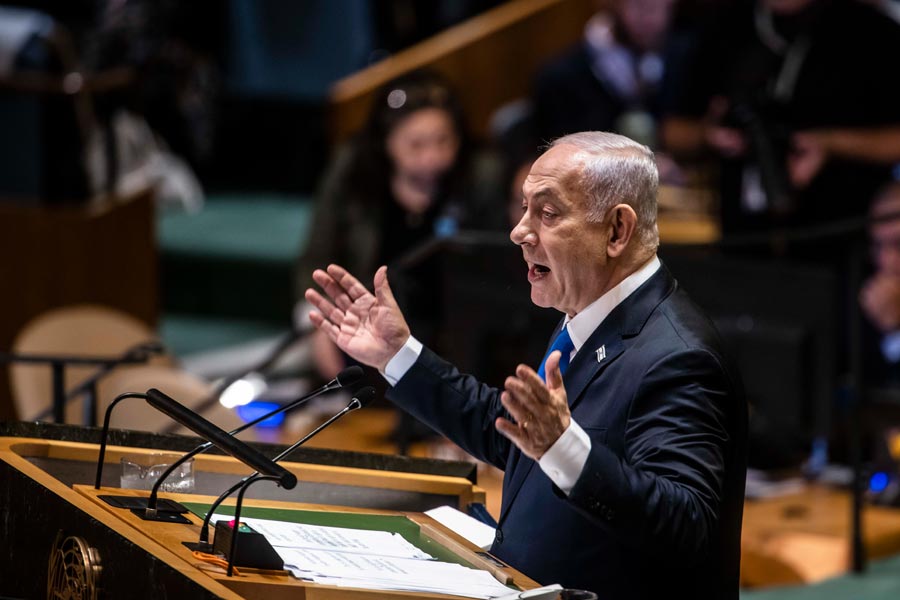NEW YORK
New York Mayor Eric Adams pleaded not guilty Friday to charges of accepting bribes and illegal campaign contributions from Turkish nationals, as the Democrat resists mounting calls from within his own party to resign.
Adams, who appeared before a judge in a Manhattan federal court, is the first sitting New York mayor to be criminally indicted
Adams denied wrongdoing and said he would not resign.
“I will continue to do my job as mayor,” Adams said at a news conference on Thursday.
In an indictment returned by a grand jury on Tuesday and unsealed on Thursday, federal prosecutors said Turkish diplomats and businesspeople illegally funneled money to Adams’campaign and showered him with luxury travel perks, including rooms at opulent hotels and meals at high-end restaurants.
In exchange, Adams in 2021 pressured city officials to allow Turkey’s new 36-story consulate to open despite safety concerns, according to prosecutors.
The alleged scheme dates back to 2014, when Adams became Brooklyn borough president, prosecutors said. The illegal campaign contributions helped finance his 2021 campaign for mayor, prosecutors said.
The Democrat faces five criminal charges and could face decades in prison if found guilty.
Turkey’s foreign ministry, president’s office and Washington embassy did not respond to requests for comment.
Adams, a former police officer who rose to the rank of captain, is the first of the city’s 110 mayors to be charged with a federal crime while in office.
The United States’ largest city has been in a state of political upheaval for the past month as federal probes swirled around senior officials.
The police commissioner resigned on September 12 after FBI agents seized his phone. Days later, Adams’ top legal adviser stepped down.
Several prominent city officials and lawmakers, including US Representative Alexandria Ocasio-Cortez, have called on Adams to resign.
But two powerful Democratic lawmakers from Brooklyn, Senate Majority Leader Chuck Schumer and House Minority Leader Hakeem Jeffries, stopped short of doing so.
Adams could be removed from office by Democratic New York Governor Kathy Hochul, but the process is complicated, said Pace University Law School professor Bennett Gershman.
Hochul issued a statement on Thursday saying she would “review my options and obligations as the Governor of New York.” “I expect the Mayor to take the next few days to review the situation and find an appropriate path forward to ensure the people of New York City are being well-served by their leaders,” Hochul said.
According to the indictment, Adams accepted free travel from a Turkish airline worth tens of thousands of dollars while serving as Brooklyn borough president and paid $600 to stay two nights at a luxury suite in the St. Regis hotel in Istanbul, well below the actual cost of $7,000.
Prosecutors said Adams would fly on the Turkish airline even when it was inconvenient. “You know first stop is always Istanbul,” he wrote in a 2017 text message when his partner expressed surprise that they were flying from New York to Paris through Istanbul.
For his 2021 mayoral campaign, Adams disguised campaign contributions from Turkish sources by funneling it through US citizens, the indictment said. Those funds allowed Adams to qualify for an additional $10 million in public financing, according to the indictment. US law forbids foreign contributions to American political campaigns.
Prosecutors say Adams responded to Turkish concerns.
Acting on a request by a Turkish diplomat, Adams pressured city safety inspectors to allow the country’s new consulate to open in time for a September 2021 visit by Turkish President Tayyip Erdogan, even though it would have failed a fire inspection, the indictment said.
After repeated messages about the building from Adams, a senior Fire Department official allegedly told a subordinate he would lose his job if he did not allow the consulate to open, according to prosecutors.
Adams notified the diplomat when the Fire Department approved the building to open later in the day, the indictment said.
“You are a true friend of Turkey,” the diplomat allegedly responded.









